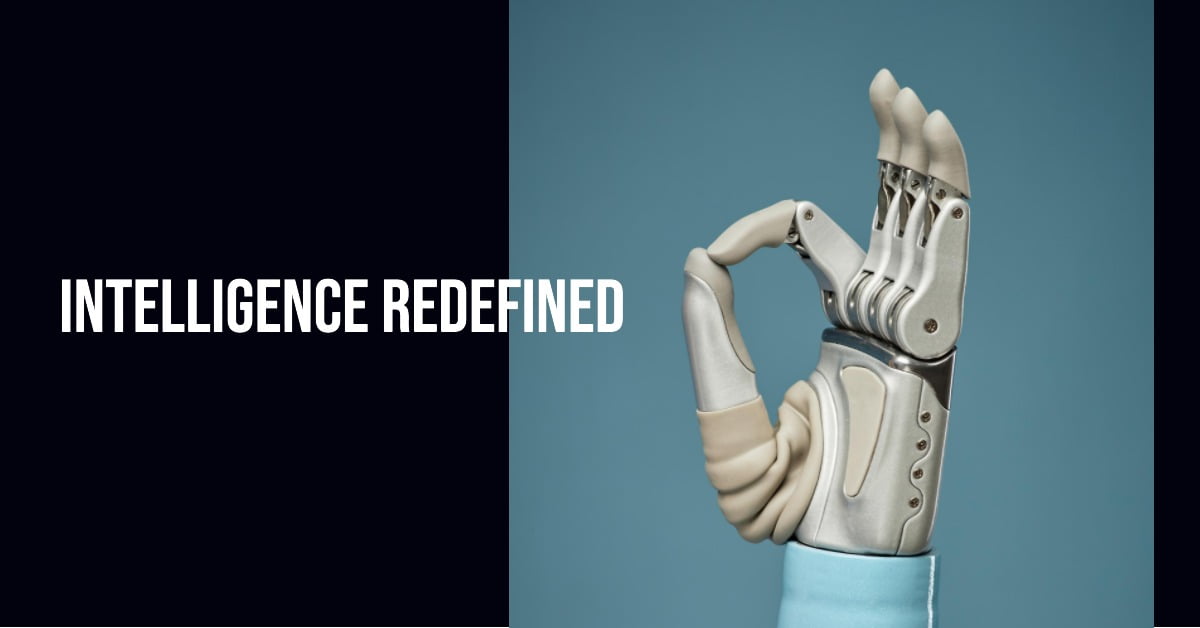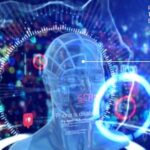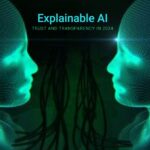Artificial Intelligence Definition:
Table of Contents
Artificial intelligence (AI) is a profound technology that has reshaped the world in ways we could not have imagined. To apprehend the effect of AI without a doubt, we should begin with its definition and delve into its numerous additives, from its historical roots to its future functionality. In this comprehensive manual, we discover what AI is, the styles of AI, its key components, programs, and moral dimensions.
know more: what is Artificial intelligence?
Defining artificial intelligence
AI is a multidisciplinary difficulty that strives to create sensible machines capable of simulating human-like selection-making and trouble-solving. At its center:
- AI includes the development of systems that could mimic human intelligence.
- It encompasses the capability to investigate statistics, cause and remedy issues, and understand and apprehend language.
Types of Artificial Intelligence
There are distinct varieties of AI, each with its traits:
- Narrow AI (weak AI): These systems are designed for precise responsibilities and carry out them within a restrained domain.
- General AI (Strong AI): This represents a theoretical AI with human-like intelligence across various domains.
AI is likewise pondering the idea of superintelligent AI, which, if realized, may have profound results.
Key components of AI
To recognize AI fully, it is crucial to recognize its key components:
- Machine learning involves the development of algorithms that permit AI structures to research records and beautify through the years.
- Deep learning is a specialized field of device learning that is predicated on neural networks and is responsible for many contemporary AI breakthroughs.
- Natural Language Processing (NLP): NLP empowers AI to understand, interpret, and generate human language, riding packages like speech popularity and language translation.
The Turing Test and AI Ethics
Alan Turing’s pioneering paintings introduced the idea of a machine’s capability to show off clever conduct. This check became a benchmark for AI.
- The ethics of AI play an essential role, with debates on subjects such as AI bias, statistics privacy, and the obligations of AI developers.
Real-world applications of AI
AI has already left its mark on several industries, including:
- In healthcare, it’s reworking diagnostics, drug discovery, and telemedicine.
- In finance, AI is employed in algorithmic shopping and selling, fraud detection, and customer service.
- E-trade systems harness AI for personalized product hints and inexperienced stock management.
Artificial intelligence vs. human intelligence
While AI has made exceptional strides, it is crucial to recognize the difference between AI and human intelligence.
- AI structures excel in facts-driven obligations but lack the commonplace-experience reasoning and knowledge that people own.
- Humans, however, have attention, emotions, and ethical judgment, which AI lacks.

The Future of AI
The destiny of AI is a topic of severe speculation. Some key points of interest include:
- Increasing integration of AI into ordinary life, from voice-activated assistants to clever houses
- The convergence of AI and robotics is principally leading to more advanced and self-managing machines.
- In healthcare, AI might cause telemedicine, custom-designed remedies, and surgical robots.
- In schooling, AI will decorate studying with customized hints and smart school rooms.
FAQs
- What is the primary objective of artificial intelligence?
Ans: The middle objective is to broaden smart structures that could mimic human-like wondering and reasoning.
- What are a few practical applications of artificial intelligence in everyday life?
Ans: AI programs consist of virtual assistants, advice structures, and language translation offerings.
- How does artificial intelligence affect the hobby market?
Ans: AI can automate routine duties, which may also result in activity displacement in wonderful industries; however, it also creates new technique opportunities in AI-associated fields.












Hi mates, how is all, and what you would like to say concerning this article, in my view its
actually awesome in support of me.
Thanks